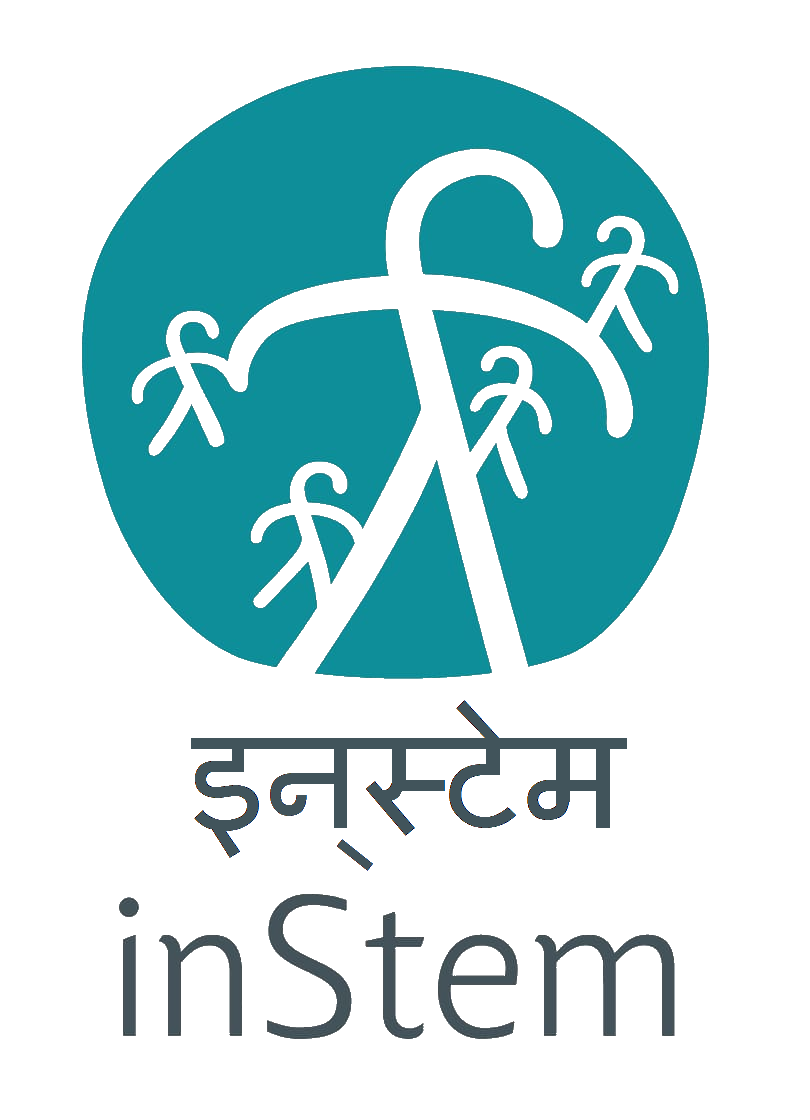Tenure process
The tenure system at inStem is a key and integral part of efforts to constantly improve its overall research performance and is used to decide whether to continue an initial 5- year appointment of a faculty member to a continuing one.
It is the policy of inStem that each new appointee be supported very strongly in every way so that an independent programme can be started in the shortest possible period. In return, inStem expects that the appointee perform at a level equivalent or better than peers in the best departments elsewhere in the world. Given the stringent selection procedure for faculty at inStem, the high quality of those recruited and the level of support provided, we reasonably expect that most of our colleagues can meet the very high standards required.
The Dean will appoint a tenure advisory committee to advise each new faculty member, in matters related to research progress and scientific output. We stress that the committee has a purely advisory capacity, and its views are not binding. The purpose of this committee is serve as an official ‘sounding- board’ to the faculty member, in addition to the several informal interactions that take place. The faculty member will arrange to meet with this committee about once a year, or more frequently if so desired. The faculty member is encouraged to bring to the attention of the committee, any special problems or requirements. The tenure advisory committee may choose to express its views in writing to ensure that its views and concerns, if any, are clearly conveyed. The tenure advisory committee will continue to function until the tenure decision.
To be granted tenure, the faculty member must demonstrate the establishment of a successful research programme which address well thought out, important research questions. The single most important measure of this is research publications of quality. The level of performance expected from a new appointee to be granted tenure is being continuously ratcheted upwards. Hence it is not advisable for a new appointee to go by what has happened in the past for others. Others currently at similar levels, in best institutions anywhere, would be a wiser measure of comparison.
New appointees, at the level of Fellow or Reader, will be assessed for tenure according to the following schedule. Towards the end of their first contract (usually of 5 years) faculty members will be given a new contract of a two-year duration. They should submit their papers for evaluation for a continuing appointment no later than at the end of the first year of this two-year contract. To reiterate, Faculty members are required to submit their consolidated application for tenure no later than a total of 5.5 years after joining. The evaluation for tenure can, therefore, take place in the second year of this two-year contract. There is, of course, no bar in applying for tenure at any earlier stage. The maximum period within which a tenure application is to be submitted can be extended only in exceptional circumstances (e.g. health problems, maternity/paternity leave, family crisis). In such cases, the faculty member should make a formal request to the Dean for the tenure period to be extended. This request, unless extenuated by an emergency, must be be made well in advance, typically before the end of the first five year contract.
The Dean will write to the candidate at the appropriate time asking that a formal application for tenure be made. This application will have a work report, reprints of publications and a curriculum vita.
The Dean will send the tenure papers submitted by the candidate to reviewers, some of who may be chosen from the list suggested by the candidate. Their recommendations of will be examined by a panel appointed by Chair of the inStem Governing Council. This panel will typically include the Dean, the inStem Director, chosen scientific members of the Board and experts who can analyze the candidates work as needed. The views of this panel will be presented to the inStem Governing Council, which will take a final decision.
If tenure is not granted, the faculty member will have the remainder of the two-year contract to plan a transition. Should additional time be required, the faculty member may be given a new short term position of one year, extendable by yet another year, on reasonable grounds, to allow transition to a position elsewhere.


